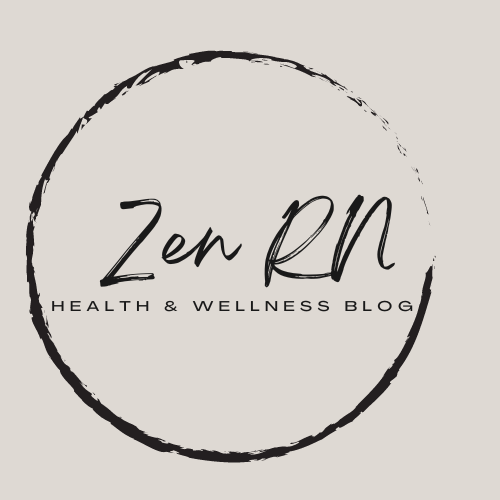As a registered nurse deeply involved in health and wellness, I’ve observed the rise in popularity of plant-based diets and the numerous health benefits they offer. Transitioning to a plant-based diet isn’t just a trend; it’s a lifestyle change that can significantly impact your overall health. Let’s explore the benefits of a plant-based diet, address common misconceptions, and provide practical tips to help you make this beneficial dietary switch.
What is a Plant-Based Diet?
A plant-based diet focuses on foods primarily from plant sources. This includes not only fruits and vegetables, but also nuts, seeds, oils, whole grains, legumes, and beans. It doesn’t necessarily mean that you are vegetarian or vegan and never eat meat or dairy. Rather, you are proportionately choosing more of your foods from plant sources.
Health Benefits of a Plant-Based Diet
The benefits of adopting a plant-based diet are backed by an increasing number of scientific studies. Here are some of the most compelling health benefits:
- Reduced Risk of Chronic Diseases: Studies have shown that a plant-based diet can lower the risk of developing heart disease, hypertension, diabetes, and certain types of cancer.
- Weight Management: Plant-based diets are typically rich in fiber, which can help you feel fuller longer and reduce calorie intake.
- Improved Gut Health: A diet high in fiber from various fruits and vegetables supports a healthy gut microbiome, which is crucial for digestion, absorption of nutrients, and even mental health.
- Enhanced Mental Health: Emerging research links diets high in fruits and vegetables to better mental health outcomes, including decreased levels of stress and anxiety.
- Environmental Benefits: Shifting towards plant-based eating isn’t just good for you; it’s also more sustainable for the environment, reducing your carbon footprint and conserving water.
Addressing Common Misconceptions
Misconception 1: Plant-based diets don’t provide enough protein. Plant-based diets can meet or exceed your protein needs if planned appropriately. Legumes, nuts, seeds, and whole grains are excellent sources of protein.
Misconception 2: Plant-based diets are expensive. While some specialty products can be costly, basic plant-based ingredients like beans, rice, pasta, and seasonal vegetables can be quite economical, especially when bought in bulk.
Misconception 3: A plant-based diet is boring. This diet offers a plethora of rich flavors and diverse foods. It’s an opportunity to explore a wide range of fruits, vegetables, grains, and legumes that you might not typically consume.
Tips for Transitioning to a Plant-Based Diet
- Start Slow: Gradually increase the amount of plants in your diet and decrease the amount of meat. Try meatless Mondays or another meal each week.
- Incorporate Whole Foods: Focus on whole, unprocessed foods to maximize nutrients.
- Experiment with Recipes: Use spices and herbs to enhance the flavor of vegetables, grains, and legumes.
- Plan Your Meals: Planning ahead can help alleviate the stress of deciding what to eat and ensure a well-balanced intake of nutrients.
- Seek Professional Guidance: Consult with a dietitian to ensure your diet meets all your nutritional needs.
Conclusion
As a nurse, I advocate for preventive health care measures, and adopting a plant-based diet is a proactive approach to enhancing your health. Whether your motivation is health improvement, ethical considerations, or environmental concerns, moving towards a plant-based diet can offer profound health benefits and is definitely worth considering. Remember, making any dietary change is a personal journey and should be adapted to fit your individual health needs and lifestyle.



